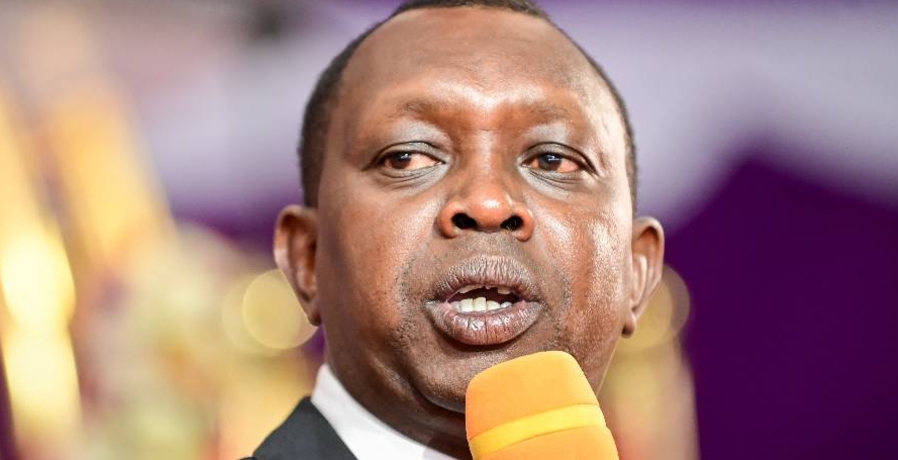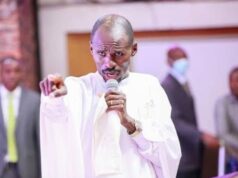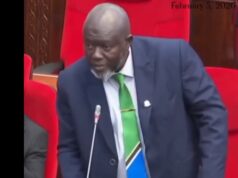- Kapsaret MP Oscar Sudi defended President William Ruto and politicians for their church donations amidst public backlash.
- He claimed local pastors often request help for church projects, prompting the donations.
- The Catholic Archdiocese of Nairobi announced plans to reject donations from Ruto and Nairobi Governor Johnson Sakaja after concerns were raised.
- Sudi called for understanding and forgiveness from church leaders, emphasizing politicians’ role in supporting the church as members of the Christian community.
Kapsaret Member of Parliament Oscar Sudi has come to the defense of President William Ruto and other politicians criticized for making donations in churches. Speaking via a video posted on social media, Sudi addressed the controversy that erupted after the Catholic Archdiocese of Nairobi rejected donations made by Ruto and Nairobi Governor Johnson Sakaja during a recent Sunday service.
Politicians’ Role in Harambees
Sudi argued that it is common for church leaders to approach politicians for assistance in fundraising, making such contributions inevitable. “Local pastors and believers are the ones who approach us for help. Why oppose help meant for churches?” he questioned.
The MP maintained that politicians, as Christians, must support the church and called for a better understanding of their role.
Church’s Stance and Public Reaction
The uproar began after Ruto and Sakaja’s donations were perceived as contradictory to the President’s earlier directive barring government officials from participating in harambees. In response, Nairobi Archdiocese Bishop Philip Anyolo announced that the church would reject these contributions to avoid further public dissatisfaction.
Sudi appealed for forgiveness from church leaders, acknowledging that politicians sometimes bypass proper protocol when donating directly to local churches. “We ask for guidance where we might have gone wrong,” he added.
The debate over politicians’ church donations highlights the tension between community support and public perception. While Sudi insists these contributions benefit local churches, critics argue they undermine government policies on transparency and accountability. As the controversy unfolds, the relationship between the church and political leadership remains under scrutiny.








